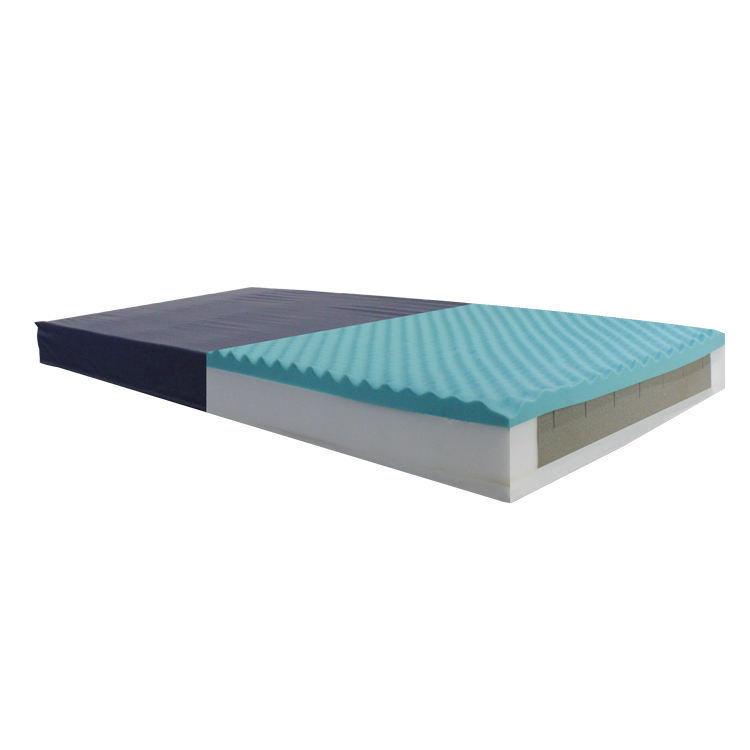anti-decubitus mattress manufacturers
Understanding Anti-Decubitus Mattress Manufacturers
As the awareness of patient care increases, particularly for those with limited mobility, the need for effective anti-decubitus mattresses has become paramount. Anti-decubitus mattresses are designed to prevent pressure ulcers, commonly known as bedsores, by distributing body weight evenly and reducing the risk of skin breakdown. This article delves into the key players in the market, the technologies they utilize, and what to consider when choosing a manufacturer.
Leading Manufacturers in the Industry
Several manufacturers have established themselves as leaders in the anti-decubitus mattress market. Companies like Invacare, Drive DeVilbiss Healthcare, and Hill-Rom offer a variety of solutions tailored to different needs. Invacare is known for its high-quality foam and air mattresses designed for both home care and hospital use. Drive DeVilbiss specializes in innovative products that combine comfort with advanced technology, ensuring optimal patient care. Hill-Rom, meanwhile, is recognized for its commitment to research and development, leading to the creation of smart mattresses that monitor patient movement and adjust support accordingly.
Technological Advances
Modern anti-decubitus mattresses often incorporate advanced technologies to enhance patient comfort and safety. Many manufacturers now offer pressure-relieving air mattresses, which use a pump to inflate and deflate sections of the mattress, maintaining optimal pressure levels based on the patient's position. These dynamic systems are particularly effective in minimizing pressure points, thereby promoting circulation and reducing the likelihood of sores.
anti-decubitus mattress manufacturers

Another technological advance is the use of smart sensors integrated into mattresses. These sensors track a patient’s movements and the amount of time they spend in one position, providing caregivers with valuable data to optimize patient care routines. Some manufacturers have also developed mattresses with microclimate management features, which help regulate temperature and humidity, further protecting the skin from damage.
Choosing the Right Manufacturer
When selecting an anti-decubitus mattress manufacturer, several factors should be considered. Quality assurance and certifications are crucial indicators of a manufacturer’s reliability. Look for products that comply with medical device regulations and have received endorsements from reputable health organizations. Additionally, customer support and warranty services are vital in ensuring long-term satisfaction.
Price is another critical aspect; while it can be tempting to opt for the cheapest option, it’s essential to consider the balance between cost and quality. Investing in a higher-quality mattress can save healthcare facilities considerable expenses related to treating pressure ulcers.
In conclusion, anti-decubitus mattresses play a vital role in patient care, particularly for those at risk of pressure ulcers. By understanding the contributions of leading manufacturers and the technological advancements in mattress design, caregivers and healthcare facilities can make informed decisions that enhance patient outcomes.
-
The Effect of Coconut Foam Mattress Breathability and Humidity Regulation on Improving Sleep QualityNewsJul.03,2025
-
How Wave Mattress Systems Improve Blood Circulation During ImmobilityNewsJul.03,2025
-
The Climate-Adaptive Sleep Revolution: Exploring the Benefits of Cooling Gel Memory Foam MattressesNewsJul.03,2025
-
Exploration of the Role of Coconut Foam Mattress in Preventing Bedsores in the ElderlyNewsJul.03,2025
-
Comparing Wave Mattress and Air Mattress: Which Is Better for Medical Use?NewsJul.03,2025
-
Analysis of Comfort and Environmental Performance of Natural Latex and Coconut Foam MattressNewsJul.03,2025
-
Multi-Layer Construction for Enhanced Performance in Gel Mattress PadNewsJun.24,2025

